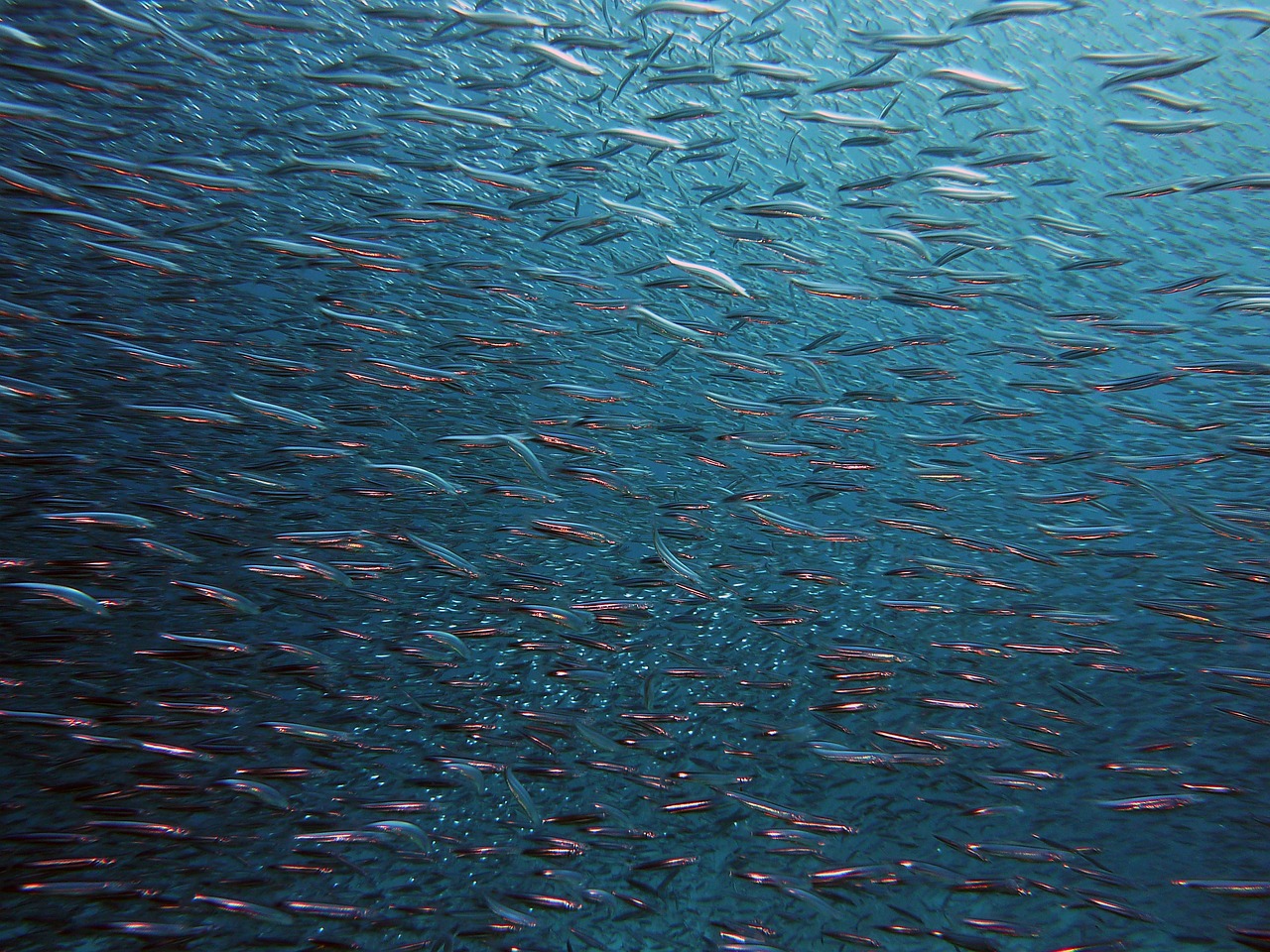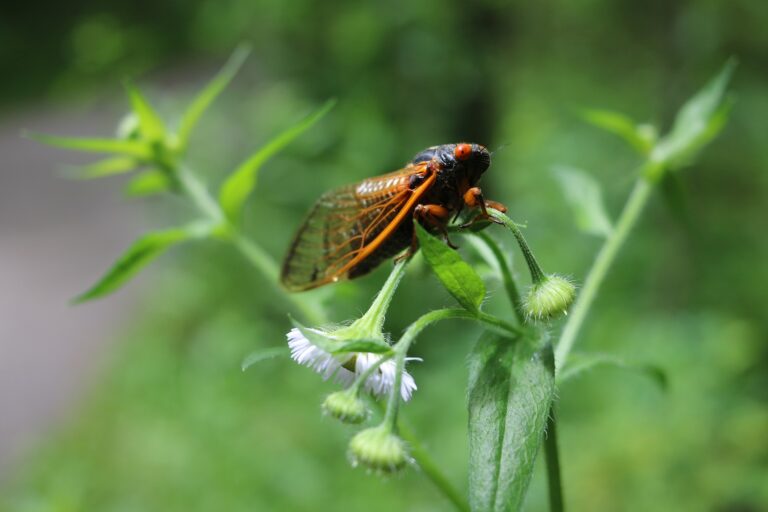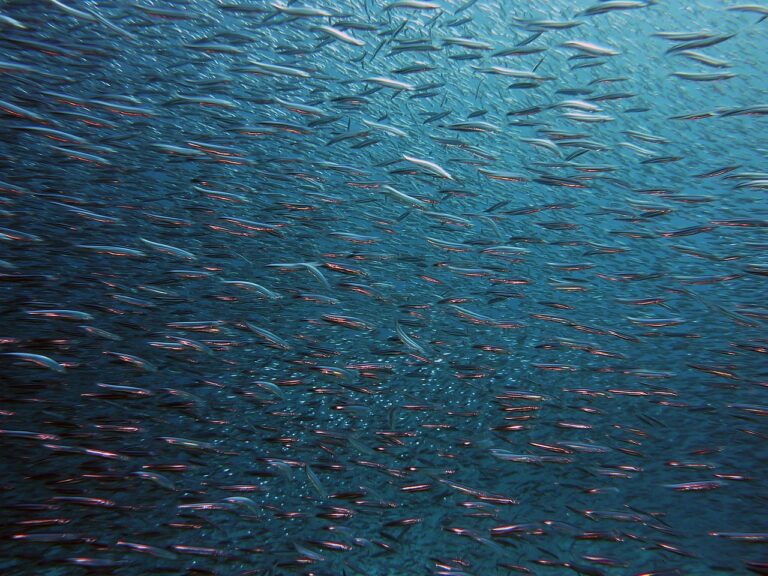The Brandon Road Inter-basin Project, an essential part of this effort, will get $274 million in federal support and $114 million in state aid for its first stage. The project costs $1.15 billion as a whole. This financing will kickstart construction on carp deterrents at Brandon Road Lock and Dam near Joliet, Illinois.
“Today’s agreement will move us quickly into action on the vital Brandon Road project,” said Governor Whitmer. She underlined how critical the Great Lakes are for Michigan’s economy and local communities’ wellbeing. Industries such as fishing and boating which provide numerous jobs are at risk.
About the Brandon Road Inter-basin Project
The goal of this project is to establish several control measures to hinder invasive carps’ upstream movement such as,
- A flushing lock
- An electric barrier
- Acoustic deterrents
- An air bubble curtain
- Automated barge clearing deterrents
These actions aim to create an obstacle course that greatly reduces carp invasion without hindering commercial shipping.
The Invasion Threat from Carp
Invasive carp species bighead, silver, grass, black carp are harmful to the Great Lakes. They compete with native fish for food and living space, resulting in a drop in important species like lake whitefish, perch, and walleye. Their presence disrupts the lakes’ ecosystem and economic activities, majorly commercial and recreational fishing.
Silver carp are notorious for leaping out of water levels often harming boaters. Fishing opportunities in infested water bodies have declined due to such disruptive behavior.
Long-Term Efforts and Assurance
The project sprang from decadelong contributions by Michigan, Illinois, and the USACE starting in 2011. Both states gathered the needed funds to meet nonfederal prerequisites so that construction can begin in 2023.
Scott Bowen, who leads the Michigan Department of Natural Resources (DNR), praised the announcement as an important move forward for protecting Michigan’s cherished natural assets, the Great Lakes. The spoke of collective statewide efforts boosting long-term advantages for future generations.
Federal And State Helpful Contributions
U.S Senators Debbie Stabenow and Gary Peters alongside U.S Representative Debbie Dingell worked hard to get resources ready for this project. Stabenow expressed her devoted support for it, stating “Over the years there has been a tireless impactful effort to kickstart this key project with my allies Michigan State colleagues, colleagues from U.S Senate, Illinois counterparts as well as Army Corps engineers.” The central body will bear 90% of expenses while Michigan and Illinois will cover the remaining 10%. President Biden’s bipartisan infrastructure bill allowed this funding structure doing its bit by providing backing for essential undertakings like these.
Way Forward
The upcoming part of this initiative involves hiring contractors equipped to handle specific tasks like fabrication, designing deterrents as well as bedrock removals. The USACE Rock Island District overseeing the project is fully committed to its success. Colonel Aaron Williams, Commander of Rock Island District, enthusiastically stated, “The upcoming phase is stirring up an exciting time for us in making sure invasive carp and other water nuisance species will not invade the Great Lakes.”
Environmental And Economic Outcomes
21% of freshwater bodies across the globe belong to the Great Lakes, a region with huge ecological and economic values. Invasive carp risks can cause harm exceeding $1 billion to ecosystem balance, tourism satisfaction and fishery incomes.
Molly Flanagan from the Alliance for Great Lakes Initiative voiced her backing by stating “Governors Pritzker and Whitmer are heroes for signing this deal. The invasive carp could have caused havoc in Lake Michigan but now their actions offer a ray of hope in stopping them at Brandon Road.”
Upshot
The alliance between Michigan State, Illinois State and USACE is an important move against invasive species entering the Great Lakes. Backed by financial support and commitment, The Brandon Road Inter-basin Project hopes to guard regional waterways ensuring continuous health benefits along with financial riches offered by Great Lakes lasting into future generations’ lives.
“Great Lakes are rooted deeply within many memories amongst us including someone’s first fish catch or loved ones playing around on lakeshores,” commented Attorney General Dana Nessel reflecting on previous times. “Our historical contract is an essential move toward stopping dangerous invaders carps that risk our waters’ beauty experienced presently by all lovers of these lakes.”










+ There are no comments
Add yours